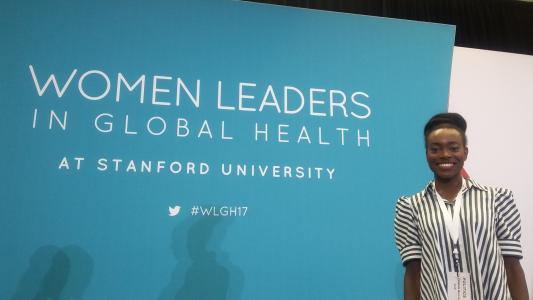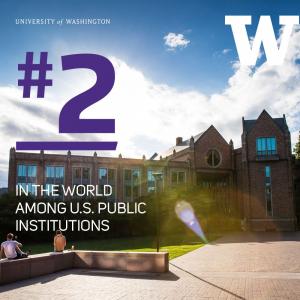Saluting Our Veterans and Their Continued Legacy of Service
By UW School of Public Health
At the UW School of Public Health, we value the unique perspectives and experiences veterans and military-affiliated students bring to our diverse learning environment. In honor of Veterans Day, on Nov. 11, here are stories of five of our current student veterans and their passions for public health.


